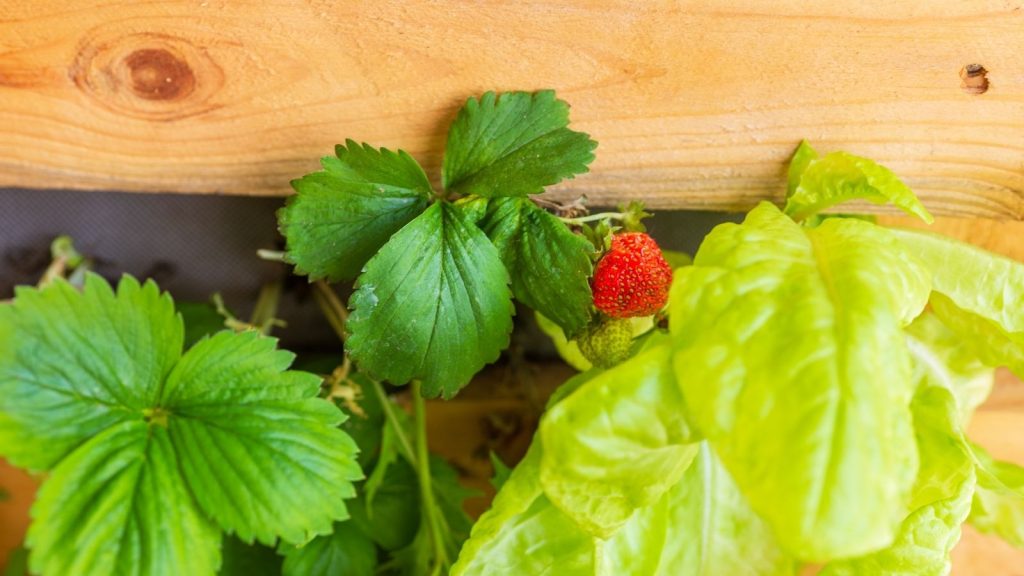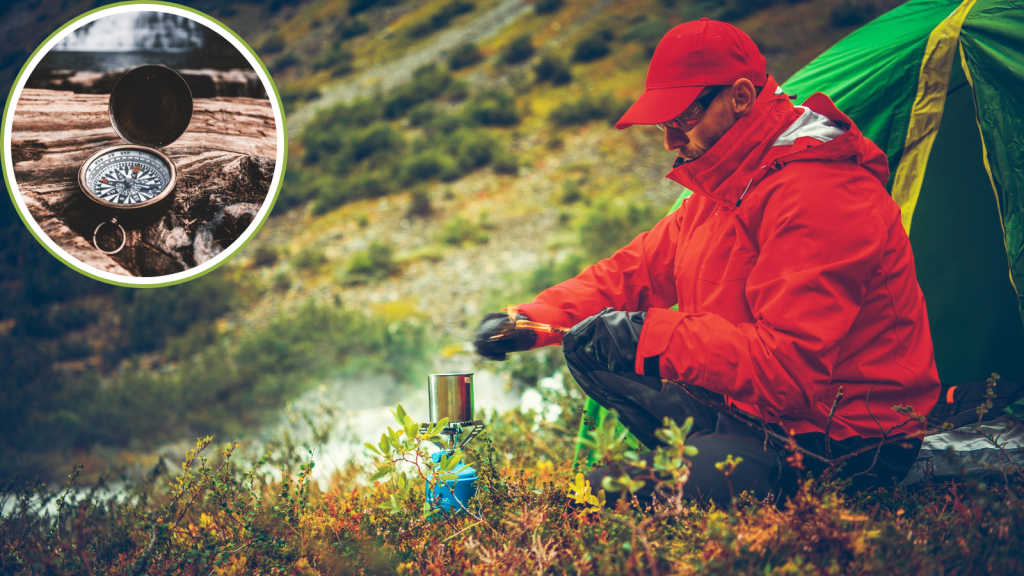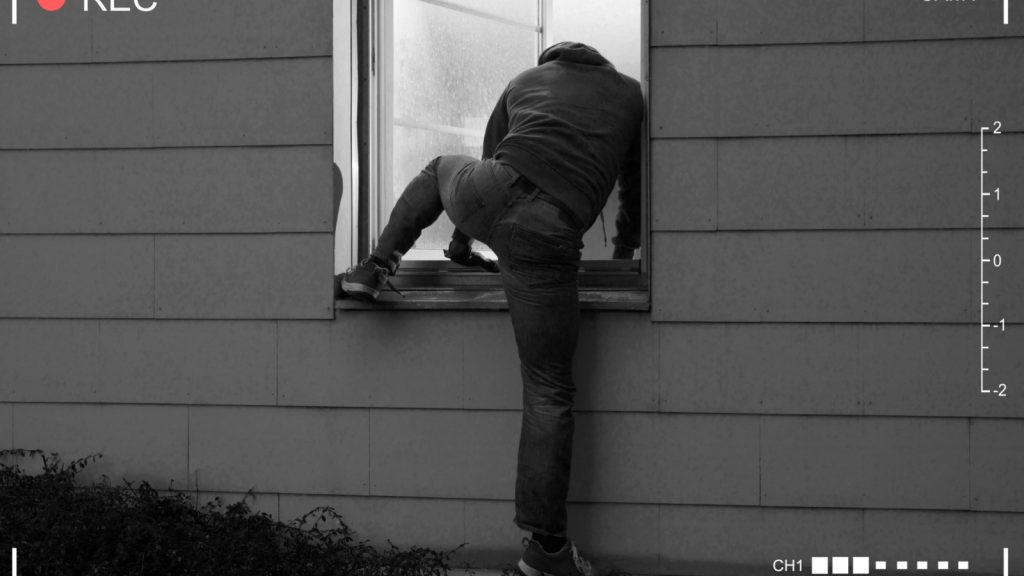Being prepared isn’t just about having the right gear tucked away—it’s about developing the confidence, skills, and mindset to handle life’s curveballs. Whether you’re new to preparedness or you’ve been at it for years, there’s a simple truth: the most valuable prep tools are the ones you carry between your ears.
Here’s the thing about real preparedness skills: they’re not some far-fetched abilities you’ll only need during doomsday. They’re practical tools that make your life better right now. From managing your finances wisely to knowing how to fix basic household problems, these are the kinds of skills that pay dividends every single day.
When you build this foundation of capability, you’re not just preparing for some distant crisis—you’re creating a more resilient, capable version of yourself for whatever challenges come your way.

1. Plan How to Stay Connected
Communication can be a lifesaver in a disaster. Plan how you’ll stay in touch with loved ones if phones go down. Walkie-talkies, satellite phones, or emergency apps that don’t rely on traditional networks are solid alternatives.
2. Stock a Survival Library
Books can be lifesavers when technology fails. A library of guides on first aid, foraging, mechanical repairs, and other skills can provide essential knowledge when you need it most.
3. Prepare for the Psychological Toll
Survival isn’t just a physical game; it’s mental too. High-stress situations can wear you down, so it’s essential to prepare mentally. Keep morale high by sticking to routines, practicing mindfulness, or having small comforts like books or games on hand.
4. Store Fuel Safely and Sensibly
Fuel is vital for cooking, heating, and powering tools, but improper storage can be dangerous. Use proper containers, keep fuel away from living areas, and rotate your stock to keep it usable.
5. Don’t Forget Your Pets
Pets rely on you, even in emergencies. Include pet food, water, and any medications in your emergency plan. A sturdy pet carrier or harness is also crucial if you need to evacuate quickly.
6. Back Up Your Data
Digital backups of important documents can be just as crucial as physical copies. Store them on waterproof, fireproof USB drives, and consider using cloud storage for added security.
7. Know How to Fix Things When They Break
In an emergency, you can’t just pop out to buy replacements. Basic repair skills—like sewing, patching, or fixing tools—can save you time, money, and frustration. The more you can repair, the less you’ll need to rely on stockpiles or outside help.
8. Invest in Reliable Footwear
In a crisis, you may find yourself on foot for long periods. Good-quality, comfortable footwear designed for rugged terrain can prevent injuries and ensure you can keep moving when it matters most.
9. Rotate Supplies Before They Expire
Food and medicine don’t last forever. Check your supplies regularly and rotate them to keep everything fresh. This simple habit ensures you’re never caught with unusable resources when you need them most.
10. Start Growing Your Own Food Now
A vegetable garden is more than just a food source; it’s a safety net. Growing your own produce takes time to master, so get started now. Practicing these skills not only provides fresh, healthy food but also prepares you for long-term self-sufficiency.
11. Manage Stress Effectively
Stress can cloud judgment and lead to mistakes. Techniques like deep breathing, mindfulness, or even journaling can help you stay calm and focused in high-pressure situations.
12. Protect Important Documents
Birth certificates, insurance policies, and other critical documents should be stored in a waterproof, fireproof safe. Digital backups can also come in handy if the originals are damaged or inaccessible.
13. Build Your Fitness to Face Challenges Head-On
Your physical condition plays a huge role in how well you cope with emergencies. Regular exercise improves your stamina, strength, and resilience, making it easier to handle demanding situations.
14. Keep Some Cash Ready
When card systems fail, cash becomes king. Small bills are particularly useful for buying supplies during emergencies. Keep a reasonable stash in a safe but accessible spot.
15. Filter and Store Water Like a Pro
Having water isn’t enough; it must be safe to drink. Learn purification methods like solar disinfection, sand filtration, and chemical treatments. Storing water correctly also prevents contamination and ensures a reliable supply.
16. Know Your Local Area Inside Out
Every location has unique risks and resources. Study your area’s natural features, weather patterns, and local hazards. Knowing where to find food, water, or shelter nearby could be a game-changer.
17. Make Your Home a Safe Haven
Your home should be your fortress. Reinforce entry points, install robust locks, and consider security measures like cameras. Blackout curtains are also useful to keep your home inconspicuous at night.
18. First Aid Knowledge Can Be a Lifesaver
Knowing how to handle injuries like cuts, burns, or fractures can make all the difference. A well-stocked first aid kit and the ability to use it are non-negotiables. Take a basic first aid course to learn critical skills like wound care, CPR, and how to stabilize injuries.
19. Look After Your Teeth Before They Become a Problem
A toothache in a survival scenario is no laughing matter. If dentists are out of reach, a minor dental issue could turn into a major health risk. Stock up on toothbrushes, toothpaste, floss, and dental repair kits. Prevention is much easier than trying to fix the problem later.
20. Keep It Simple with Your Gear
Fancy gadgets may look impressive, but in a pinch, reliability, and familiarity win every time. Stick with gear you know and trust—a sturdy knife, a dependable fire starter, and a solid backpack will serve you better than untested tech.
21. Water: Your Number One Survival Priority
Water trumps food in a survival situation. You might survive weeks without eating, but you won’t last more than a few days without water. Always have several ways to purify water, such as boiling, filtration, and chemical treatments. It’s wise to stockpile bottled water and scout local sources so you’re never caught short.
22. Pets Need Personalised Bug-Out Bags Too
Each family member should have a personalized bug-out bag with essentials like clothing, hygiene items, survival tools, and medical needs. Tailoring these bags ensures everyone has what they need in an emergency.
23. Learn from Fellow Preppers
There’s no need to reinvent the wheel. Joining prepper communities—whether online or in person—can provide invaluable advice, camaraderie, and inspiration. Sharing knowledge strengthens everyone’s preparedness.
24. Stay Alert to Stay Safe
Situational awareness is your first line of defense. Learn to observe your surroundings, identify potential threats, and react accordingly. This skill could give you the edge you need in a crisis.
James is a former logistics coordinator and wilderness safety instructor, whose practical experience taught him the value of sensible preparedness and calm resilience. Passionate about self-reliance, James teaches everyday skills—like water purification, emergency communication, and outdoor safety—to help people confidently handle life's disruptions without fear or overwhelm. His approachable style combines real-world insights with relatable, personal stories and experiences.



